If you’re upset and injured from a medical issue in Georgia, Van Sant Law is here for you. We’re dedicated to aiding injured people seek justice and get the compensation they deserve, allowing them to concentrate on recovery. These FAQs aim to clear up any questions you might have about medical malpractice.
FREQUENTLY ASKED QUESTIONS
Q: What Is Medical Malpractice in Georgia?
A: We expect doctors to care for us properly. But sometimes, they don’t follow the usual standards. When a patient is harmed as a result, there may be grounds for filing a medical malpractice lawsuit. Victims may suffer temporary injuries, short- or long-term disability, or even death because of the malpractice.
Some examples of medical malpractice include:
- Improper diagnosis or a failure to diagnose a condition
- Failure to warn patients about potential risks
- Inadequate or inappropriate treatment
- Errors in treatment, including surgical errors
- Errors in prescribing or filling prescription medications
Q: Against Whom Can I Take Legal Action for Medical Malpractice?
A: Almost any healthcare worker could be responsible in a medical malpractice case. This includes doctors, nurses, surgeons, therapists, radiologists, anesthesiologists, lab technicians, pharmacists, and others. In some cases, the clinic, hospital, or other medical facility may be named as a defendant, if the facts and circumstances show they were somehow negligent.
Determining who was at fault in a medical malpractice claim is not always a straightforward matter. Your medical malpractice attorney can help you understand who may have legal responsibility for your injuries, and present your options for pursuing your rights to compensation.
Q: Is There a Time Limit for Filing a Medical Malpractice Lawsuit?
A: Yes. In general, Georgia law gives injured victims up to two years from the date of the medical malpractice incident in which to file a legal claim. However, there are certain circumstances where that time frame can vary.
For the best outcome, speak with a medical malpractice lawyer when you’re ready. This can help preserve your right to seek damages from the responsible party and ensure applicable filing deadlines are met. Engaging a lawyer sooner rather than later can also help your legal team locate and preserve potential evidence to support your claim.
Q: How Will My Attorney Prove Medical Negligence?
A: Medical professionals are expected to meet the standard of care for their specialty or area of practice. Essentially, this means they are expected to act in the same manner as a reasonable, trained medical professional would act.
To prove that your medical provider acted negligently, your attorney will need to show that the provider failed to meet this standard of care. Your lawyer will try to find out what a well-trained professional would have done in your situation. Ultimately, your attorney will work to obtain an Affidavit of Expert from a medical professional in the same field, to explain how your provider failed to meet the standard of care.
Q: How Much Compensation Will I Receive as Damages in My Medical Malpractice Claim?
A: Medical malpractice claims can be complex; the compensation one victim receives may be significantly different from what another injured person is able to obtain.
In a medical malpractice case, proving the doctor made a mistake is key. But that’s not all. You must also prove their mistake directly caused your injury and led to financial losses. These losses typically cover medical bills, missed work, and the pain and suffering caused by the doctor’s error.
Your medical malpractice lawyer will work to gather evidence to support the negligence claim, to document your injuries, and to calculate your damages resulting from the provider’s actions.
Q: Are There Common Mistakes I Should Avoid With My Medical Malpractice Suit?
A: Understanding potential pitfalls in medical malpractice claims can help you avoid making the same mistakes.
First, some injured people simply wait too long to explore their legal rights and find they cannot seek compensation because of the statute of limitations. Similarly, some injured victims choose attorneys with no significant experience handling medical malpractice claims and find that the process of pursuing their rights is unnecessarily complicated or drawn-out.
Other injured parties fail to document or keep records about what happened. Without adequate documentation to support your claim, it will be difficult for an attorney to represent you in an action against a negligent medical provider.
Q: Will I Have to Go to Court for My Medical Malpractice Case?
A: Many medical malpractice cases settle outside of court, before reaching trial. However, there is no way to guarantee that a case will be settled. If the other side’s lawyers won’t negotiate fairly, or their offers don’t cover your losses, your lawyer should be ready to go to court. While preparing your claim for court, your attorney will continue to try to negotiate a full and fair settlement on your behalf.
Q: What Should I Know About Informed Consent in Healthcare?
A: If a medical provider prescribes a particular course of treatment or procedure, they are required to provide the patient with information that will help the patient understand the proposed treatment, the intended outcome, and potential risks. Armed with this information, the patient can then make informed decisions about how to proceed. If the patient agrees to the suggested procedure or treatment after receiving this information, and after having the opportunity to ask questions, the patient is said to have provided ‘informed consent.’
When a medical experience does not go as intended or as expected due to a provider’s negligence, the results can be life-altering. Van Sant Law is committed to helping injured victims pursue their rights. If you have additional questions or want to talk to an attorney about suspected medical malpractice, contact us today.

.2410171603550.png)



.2410171551550.png)
